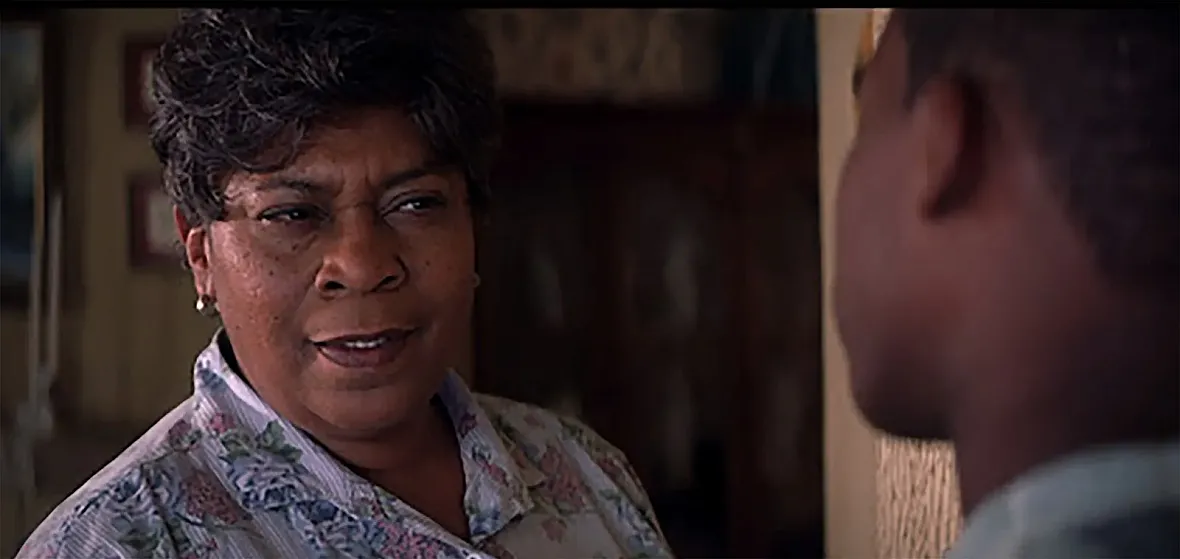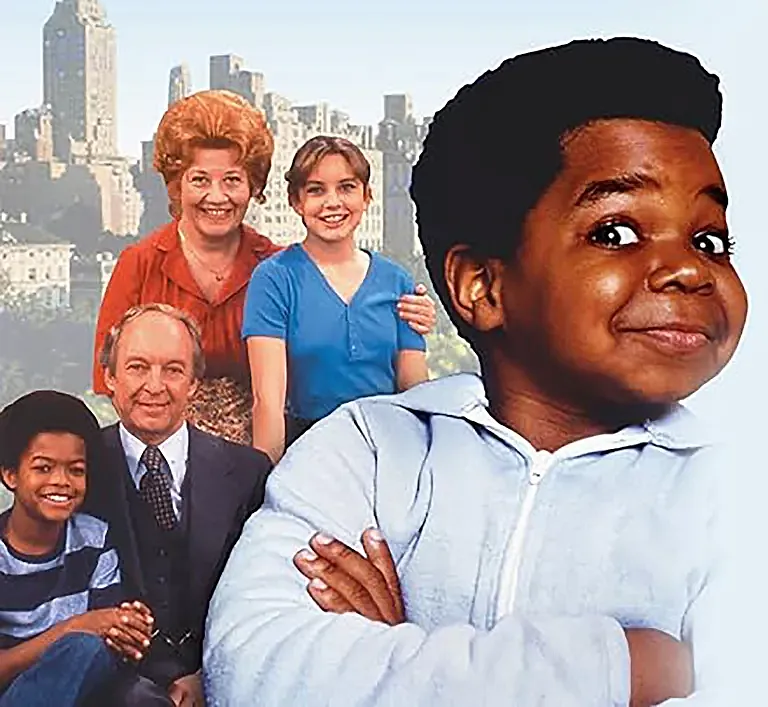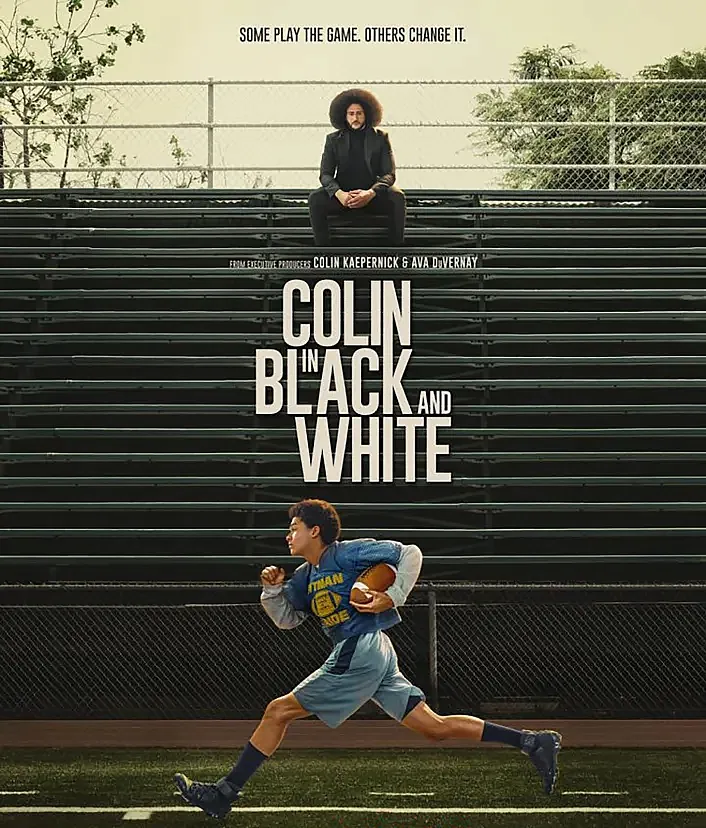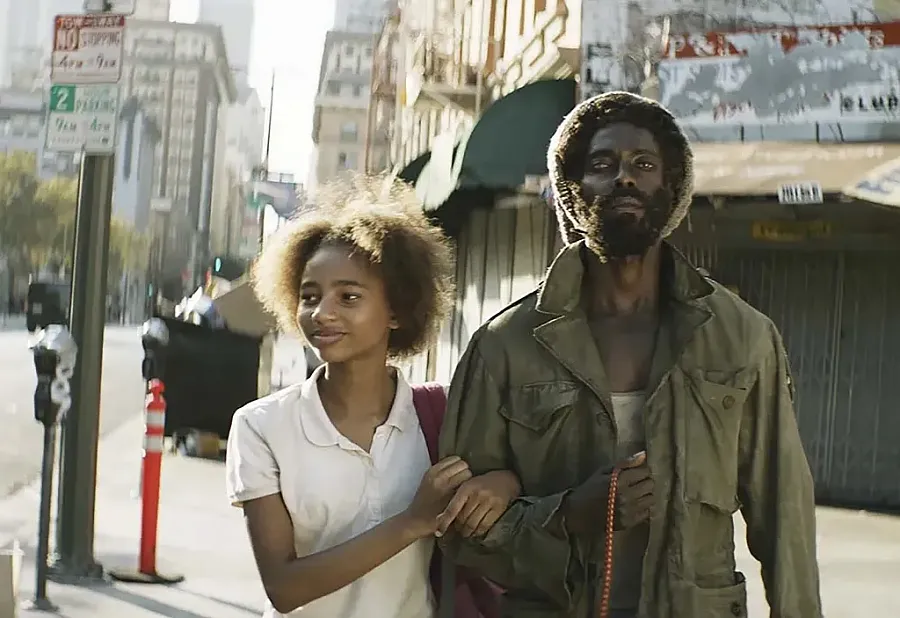Beyond The White Savior: Black Narratives In Foster Care On Screen
The story was originally published by The Observer with support from our 2025 Child Welfare Impact Reporting Fund

Played by late actress Novella Nelson in “Antwone Fisher,” Miss Tate was not the kindest or most attentive foster mother.
Fancying myself to be a Black movie and TV connoisseur, I often incorporate a line – or two – from a classic or a hidden gem into my speech when appropriate.
One of my favorites comes from the 2002 film “Antwone Fisher.” It’s from a scene in which the title character recalls his former foster mother’s penchant for calling all the boys in her care the n-word instead of their actual names. She used the slur so much, they came to learn which boy she was referring to by the way she said the word. Case in point, when Fisher literally revisits his past, ringing the doorbell of the former foster mother whom he hadn’t seen in years, she opens the door and says, “Ni**a, don’t you know how to come home?”
There’s a great deal to unpack with “Antwone Fisher.” The movie, starring Derek Luke in his debut role, speaks to many traumas children face while in foster care and the impact that has on them throughout their lives.
While many find their “forever families,” others are forever scarred by their experiences. “Antwone Fisher” is based on the true story of a young, angry Navy sailor coming to terms with being given up as a baby. Denzel Washington, who directs and produces, plays his on-base therapist. Through their sessions, Fisher reveals sexual abuse by his foster mother’s older biological daughter. The abuse and feelings of abandonment leave him with difficulties dealing with authority and navigating various relationships.
Fisher tracks down his drug-addicted and detached birth mother, played brilliantly by Viola Davis, but doesn’t find the answers he’s looking for. He does, however, find members of his birth father’s family who embrace him in a heartwarming scene that viewers hope really happened and wasn’t an embellishment for entertainment’s sake.
By the end of the film, after seeing all that the young man went through, you want him to win.

The sitcom “Diff’rent Strokes” ran on NBC from 1978-1985 and centered on two Black boys from Harlem who are adopted by a rich white man and raised in his New York penthouse. The show, that birthed the “Whatcha talkin ’bout, Willis” catchphrase, originally starred Gary Coleman, Todd Bridges, Conrad Bain, Dana Plato, and Charlotte Rae.
Trauma as entertainment is tricky, but film and television have gotten better at telling authentic stories as more former foster children have grown up and shared their truths. Some have gone into the entertainment industry themselves and have infused their work with real-life experiences either through documentaries or “based on facts” fiction.
Back in the day, TV series such as “The Brady Bunch” and “Diff’rent Strokes” offered up idealistic scenarios. In a 1974 episode of “The Brady Bunch” titled “Kelly’s Kids,” the Brady parents’ friends adopt a little boy who misses his pals, a Black boy and an Asian boy, so they adopt them too, creating a color-blind family, all in 30 minutes.
“Diff’rent Strokes,” which launched Gary Coleman and Todd Bridges into child star fame, and infamy, centered on a rich white man, Philip Drummond, adopting the two children of his former maid upon their mother’s untimely death. He moves Willis and Arnold Jackson from Harlem into his New York penthouse, prompting viewer complaints about the proliferation and popularity of shows that featured the “white savior” trope.
Race was mentioned occasionally during the hit show’s eight seasons, including in the series’ second episode, “The Social Worker,” when it’s suggested that Willis and Arnold would be better off with a Black family. Drummond’s mother also showed prejudice in opposing his adopting Black children.
In the show’s second-to-last season, the much older Jackson brothers consider changing their name to that of their adoptive father, but have second thoughts after visiting their old home and wondering if the name change would dishonor their biological parents and their roots. Six degrees of movie separation, Bridges starred in the landmark mini-series “Roots,” but I digress.
Scene And Heard
Here are some more films and TV shows with child welfare themes.

Colin Kaepernick, the former San Francisco 49er who famously took a knee against police brutality and racial injustice, teamed with filmmaker Ava DuVernay to create a Netflix series about his life as a biracial adoptee.
- In the 1977 classic, “A Hero Ain’t Nothin’ but a Sandwich,” Larry B. Scott plays a troubled youth who becomes addicted to heroin and is helped by his foster parents, played by the iconic Cicely Tyson and Paul Winfield, who were also brilliant together five years before in “Sounder.”
- The classic musical film “Annie” is derived from the comic strip “Little Orphan Annie” that debuted in 1924. In it a little curly haired girl toils in an orphanage run by Agatha Hannigan, a mean woman played to perfection by Carol Burnett, who takes in girls for the money. Annie is whisked away from her “hard knock life” by billionaire benefactor Oliver “Daddy” Warbucks and charms his bodyguard, Punjab, played by Trinidadian-born actor and dancer Geoffrey Holder. There have been several versions and sequels of “Annie,” including a 2014 remake starring Quvenzhané Wallis as the title character and Jamie Foxx as Will Stacks, the man who ultimately adopts her.
- In 1989, Keisha Knight-Pulliam starred with her “Cosby Show” mom Phylicia Rashad in the made-for-TV movie “Polly.” Set in the 1950s in segregated Alabama, Polly is an orphaned girl sent to live with her emotionally rigid aunt, whom she’s named after. A sequel, “Polly: Comin’ Home!,” aired in 1990.
- In the 1994 remake of “Angels in the Outfield,” a young foster child and his friends sneak in to see a struggling California baseball team play. The boy asks his father when they’ll be a family again, to which his father sarcastically replies, “When the Angels win the pennant.” The boy prays for God to help the team win. Veteran actor Danny Glover plays their troubled manager.
- The short-lived FOX series “South Central” featured a nonverbal boy who is fostered by a Los Angeles mother after her oldest son is murdered by a rival gang. The show ran for one season in 1994, and its cast included Tina Lifford, Larenz Tate, Paula Kelly, Michael Beach, and Jennifer Lopez.

Tayler Buck and Edi Gathegi, stars of the 2020 film “Princess of the Row,” which tackles foster care, homelessness and mental illness.
- The 1995 movie “Losing Isaiah” stars Halle Berry as crackhead Khaila Richards, who leaves her baby in the trash. The boy is adopted by a white social worker, but then Richards wants him back after she recovers from drugs.
- Rapper-actor Bow Wow starred in “Like Mike” (2002), an unlikely tale of a foster child who finds a pair of Michael Jordan’s sneakers that have super powers that catapult him into the NBA.
- In the 2022 movie “The Broken Rose,” a young girl runs away after being abused in foster care and ends up trafficked by an older guy.
- Life is far from a fairy tale in the gut-wrenching 2020 film “Princess of the Row.” In it, a 12-year-old girl tries to look out for her father, a homeless war veteran dealing with mental illness. Social workers try to take her from him. Her aunt tells her she’s not “worth the check” before driving her back to a youth shelter, and her father’s instability becomes too unmanageable for a child her age.
- Inspired by a true story, the 2024 film “Sound of Hope: The Story of Possum Trot” follows a Texas couple, Donna and Rev. WC Martin, and their fellow church members who adopt more than 70 children from their local foster care system.
- In the Netflix scripted series “Colin In Black & White,” football player-turned-activist Colin Kaepernick chronicles life with his white adoptive parents, who were well-intentioned but often clueless about raising a biracial child and blind to how he was often treated by other white people they encountered.
- NBC’s “This Is Us” also tackles transracial adoption. The drama series stars Sterling K. Brown as Randall Pearson, who was orphaned in a hospital and adopted by a white couple who lost one of their triplets on the same day.
As child welfare systems change, so does their media depiction. Whether they’re heartwarming or heartbreaking, these stories shed light on the diverse experiences of children within “the system,” fostering greater understanding and, hopefully, prompting positive change in real life.

